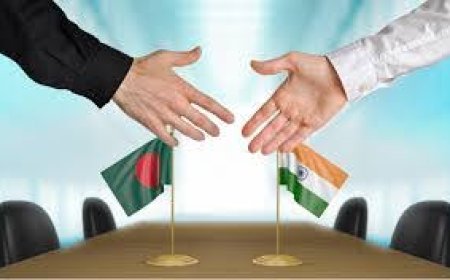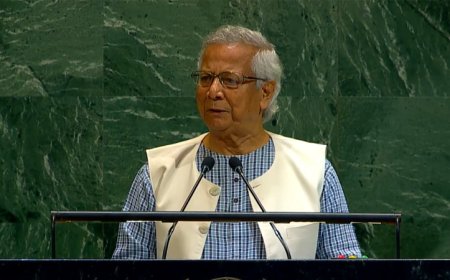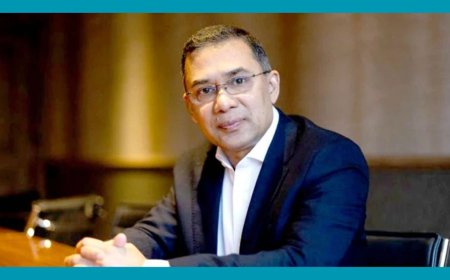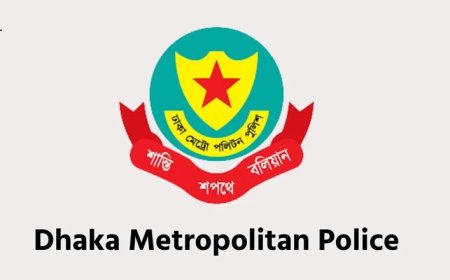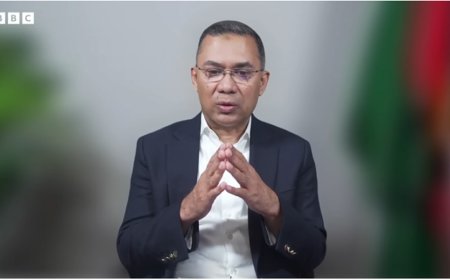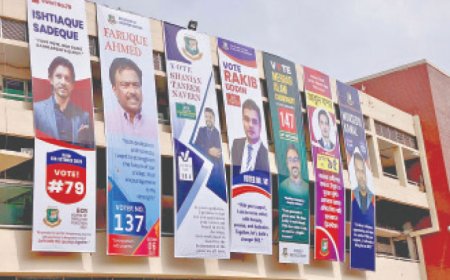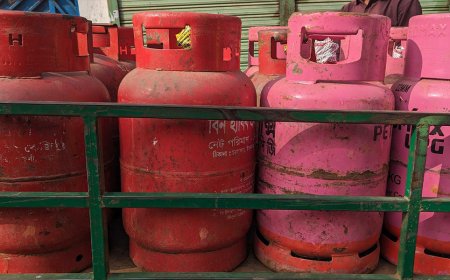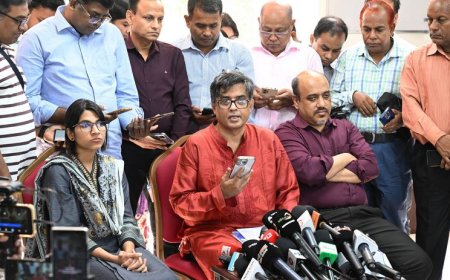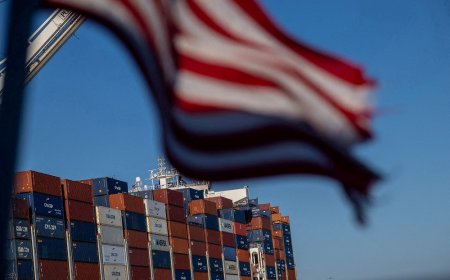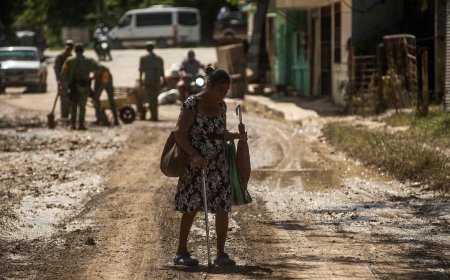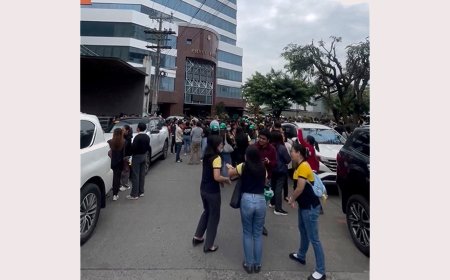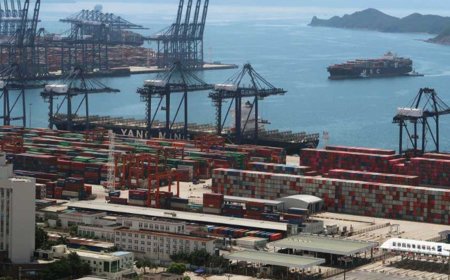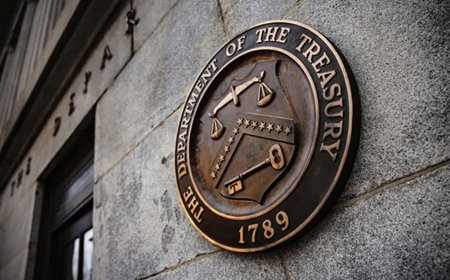A UN report reveals that criminal networks in Southeast Asia are exploiting Telegram.
A UN report reveals that criminal networks in Southeast Asia are exploiting Telegram.
According to a report by the United Nations Office for Drugs and Crime (UNODC), criminal networks in Southeast Asia are heavily utilizing the messaging app Telegram to conduct large-scale illegal activities. The report highlights that hacked data, including credit card information, passwords, and browsing histories, is openly traded on the app, which features extensive channels with minimal moderation. Cybercrime tools, such as deepfake software designed for fraudulent purposes and data-stealing malware, are also widely available. Additionally, unlicensed cryptocurrency exchanges provide money laundering services.
The report quoted one advertisement in Chinese stating, "We move 3 million USDT stolen from overseas per day." It emphasized that there is "strong evidence of underground data markets migrating to Telegram, with vendors actively targeting transnational organized crime groups based in Southeast Asia."
Southeast Asia has emerged as a significant hub for a multibillion-dollar industry that exploits victims globally through fraudulent schemes. Many of these operations are run by Chinese syndicates based in fortified compounds staffed by trafficked individuals. The industry generates between $27.4 billion and $36.5 billion annually, according to the UNODC.
Pavel Durov, the Russian-born founder of Telegram, was arrested in Paris in August for allowing criminal activity on the platform, including the dissemination of child sexual abuse images. His arrest has raised questions about the criminal liability of app providers and sparked debate over the balance between freedom of speech and law enforcement. Telegram, which boasts nearly 1 billion users, did not immediately respond to requests for comment.
After his arrest, Durov, who is currently out on bail, announced that the app would comply with legal requests by providing users' IP addresses and phone numbers to authorities. He also indicated that some features abused for illegal activities would be removed.
Benedikt Hofmann, UNODC's deputy representative for Southeast Asia and the Pacific, noted that the app creates an easily navigable environment for criminals. "For consumers, this means their data is at a higher risk of being exploited in scams or other criminal activities than ever before," he told Reuters.
The report indicated that the significant profits generated by criminal groups in the region have driven them to innovate, incorporating new business models and technologies such as malware, generative artificial intelligence, and deepfakes into their operations. UNODC identified over 10 deepfake software service providers specifically targeting criminal groups engaged in cyber-enabled fraud in Southeast Asia.
In other parts of Asia, South Korean police—believed to be the country most affected by deepfake pornography—have reportedly launched an investigation into Telegram to determine if it facilitates online sex crimes.
Additionally, last month, Reuters reported that a hacker used chatbots on Telegram to leak data from the top Indian insurer Star Health, leading the insurer to file a lawsuit against the platform. Using these chatbots, Reuters was able to access policy and claims documents containing sensitive information such as names, phone numbers, addresses, tax details, ID copies, test results, and medical diagnoses.
What's Your Reaction?







